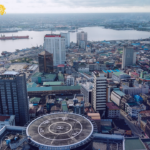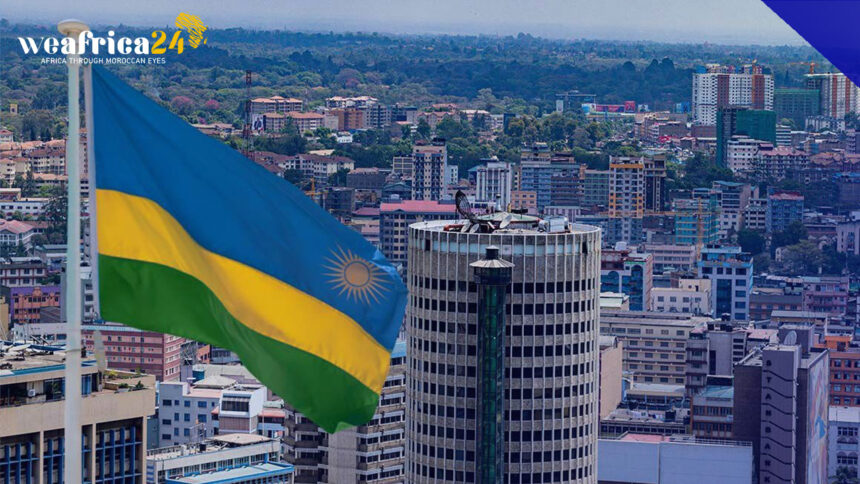Rwanda, known as the “Land of a Thousand Hills,” has made significant strides in recent years to foster economic growth and build a resilient nation. However, like many developing countries, Rwanda faces several economic challenges that require careful attention and innovative solutions.
Limited Natural Resources
Rwanda’s landlocked geographical location and limited availability of natural resources pose significant challenges to its economy. With few mineral deposits and arable land, the country heavily relies on agriculture, which is susceptible to factors such as climate change and market fluctuations. The government recognizes the need to diversify the economy and reduce dependency on agriculture by promoting sectors such as tourism, manufacturing, and services.
Infrastructure Development
The inadequate infrastructure in Rwanda is a significant obstacle to economic growth. Insufficient road networks, limited access to electricity, and underdeveloped telecommunications hinder trade, investment, and the overall business environment. Recognizing the importance of infrastructure development, the Rwandan government has prioritized investment in transport networks, power generation, and ICT infrastructure to improve connectivity and create an enabling environment for businesses to thrive.
Human Capital Development
Rwanda has made remarkable progress in improving its human capital through investments in education and healthcare. However, the country still faces challenges in terms of skills gaps, unemployment, and low labor productivity. The government is focusing on vocational training programs, entrepreneurship development, and attracting foreign direct investment to enhance skills, create employment opportunities, and boost productivity.
Access to Finance and Investment
Access to finance remains a critical challenge for Rwandan businesses, especially for small and medium-sized enterprises (SMEs). Limited access to credit, high-interest rates, and inadequate financial infrastructure hinder entrepreneurial growth and investment. The government, in collaboration with international partners, has implemented initiatives to improve access to finance, including the establishment of specialized financial institutions, expanding microfinance services, and promoting financial literacy.
Regional Integration and Trade Barriers
Rwanda’s landlocked position and the presence of trade barriers impede its ability to participate fully in regional and global trade. Limited access to ports, bureaucratic procedures, and non-tariff barriers increase the cost of trade and hinder Rwanda’s export competitiveness. The government has been proactive in promoting regional integration, participating in trade agreements, and streamlining customs processes to reduce trade barriers and enhance Rwanda’s position in the global market.
Rwanda’s economic journey is a testament to the country’s determination to overcome challenges and create a prosperous future. By addressing issues such as limited natural resources, infrastructure development, human capital development, access to finance, and trade barriers, Rwanda is laying the groundwork for sustainable economic growth and development. Through strategic planning, investment in key sectors, and a commitment to innovation, Rwanda is working towards building a resilient and inclusive economy that will benefit its citizens and secure a promising future.







